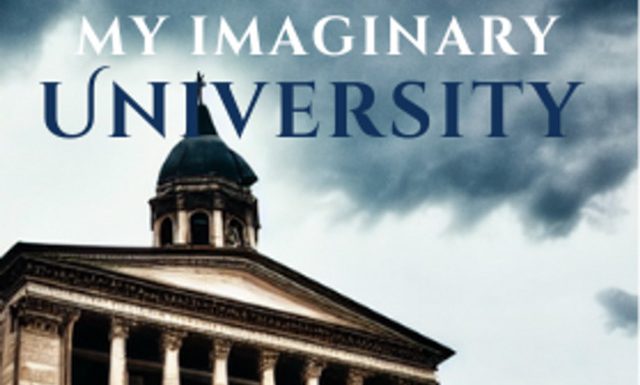My imaginary university
I felt (quite literally) honoured recently to receive an invitation from the man who puts the ‘great’ into Paul Greatrix – none other than the Registrar of the University of Nottingham, the blogger, the podcaster and the chronicler of all things higher education. He asked me to appear on his podcast My Imaginary University. If you’re not familiar with it (where have you been?), this is the closest thing the HE sector has to Desert Island Discs. It’s a ingeniously simple format in which Paul interviews someone, invites them to make some seemingly fantastical choices and, in the process, of course, they reveal as much about themselvesRead More →





